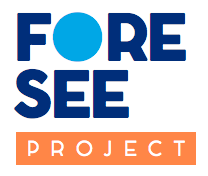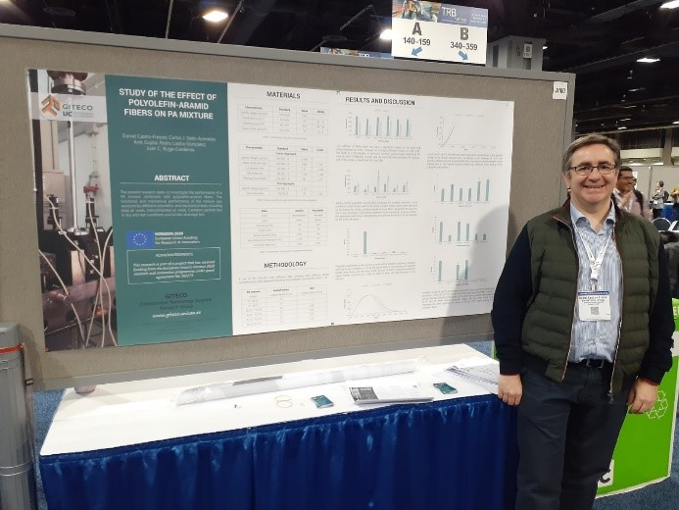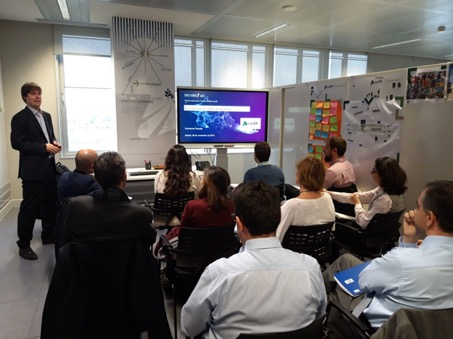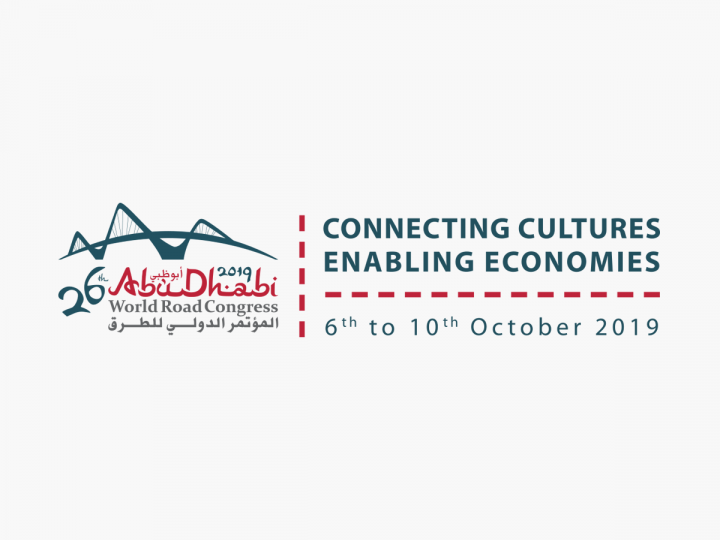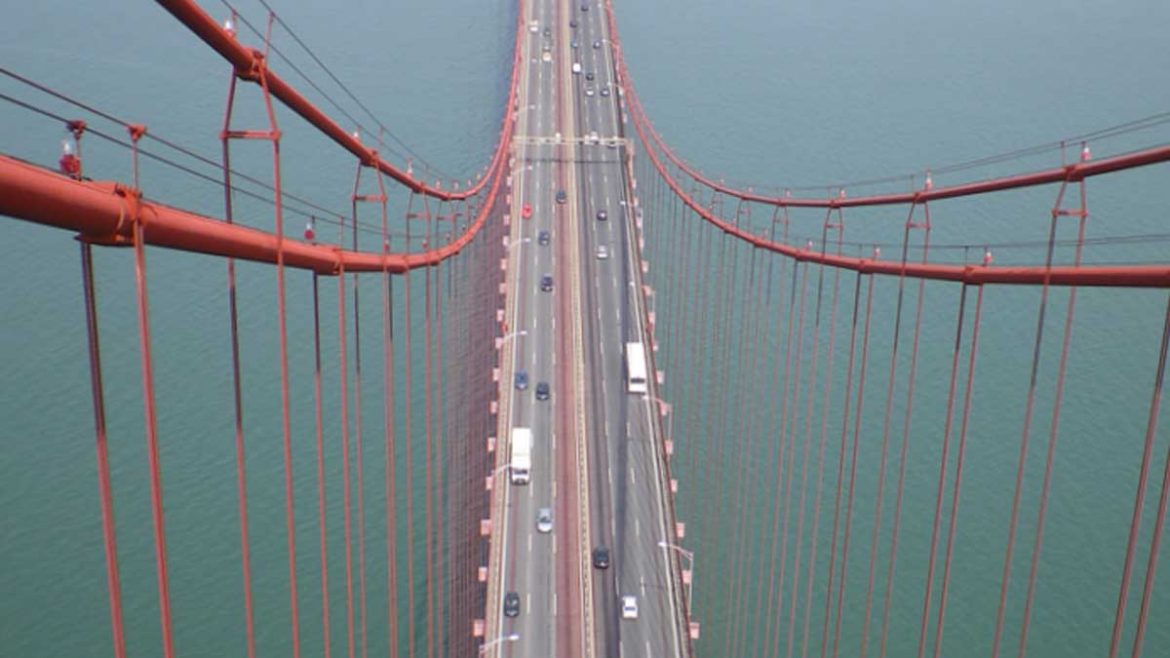A dedicated article about FORESEE is featured in the February edition of World Highways. The magazine stands as main reference for the road infrastructure professionals displaying contributions from industry experts all around the world
Full article can be downloaded here: http://digital.worldhighways.com/2020/global/jan-feb/html5/index.html?pn=17
